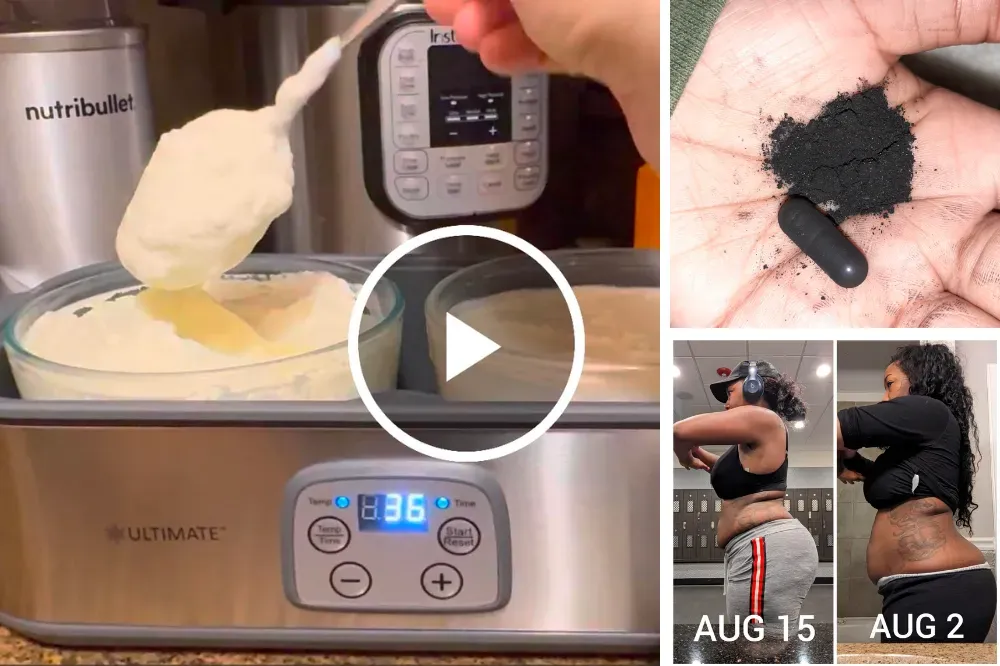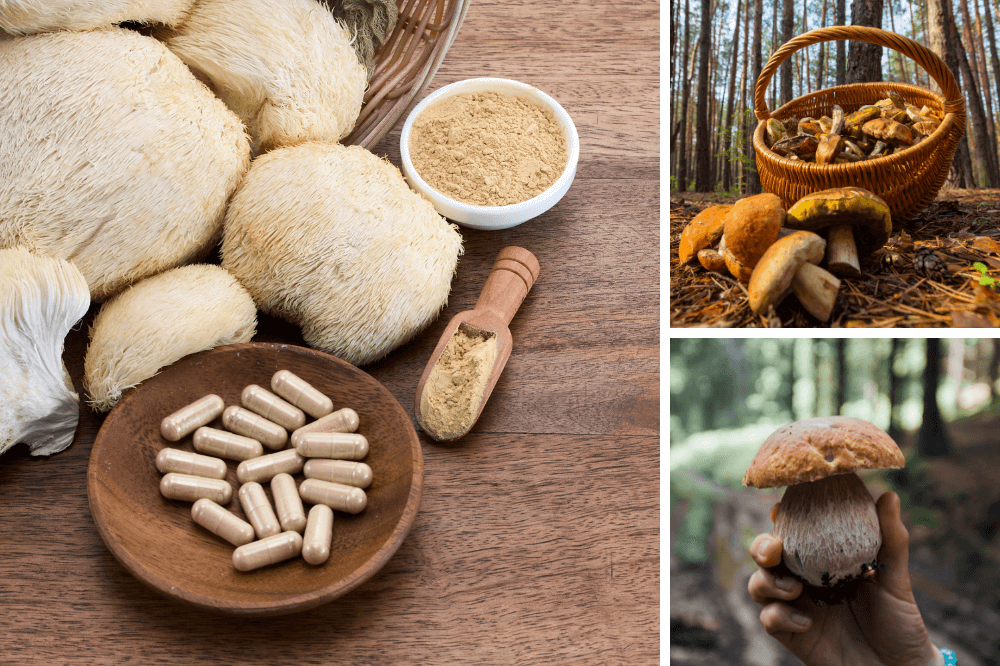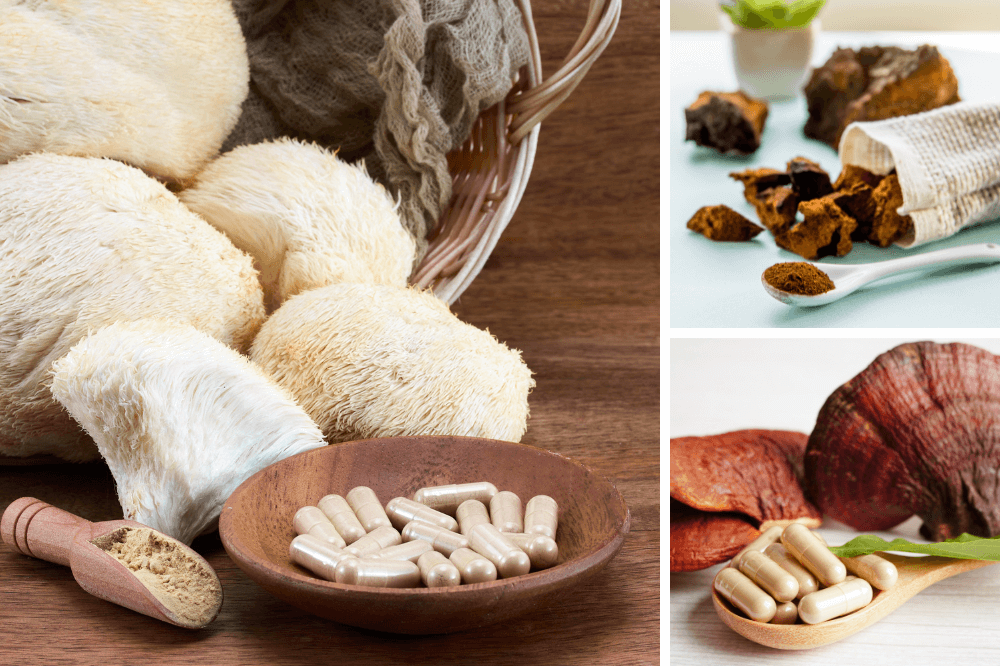Bloating is a common condition that can cause discomfort and impact your daily life. While it often results from the foods we eat or digestive issues, there are effective ways to prevent bloating and manage the symptoms. This article will explore key causes and provide actionable tips on how to avoid bloating.

What Causes Bloating?
Bloating occurs when the digestive system produces excess gas or retains fluids, leading to abdominal discomfort. Common triggers include certain foods, digestive disorders like irritable bowel syndrome (IBS), and lifestyle habits such as eating too quickly or swallowing air.
How to Prevent Bloating
Preventing bloating involves making lifestyle adjustments, improving dietary habits, and understanding your body's reactions to different foods. Below are some key methods to help you manage bloating.
1. Eat Slowly and Mindfully
Eating too quickly can cause you to swallow air, which leads to intestinal gas and bloating. Slow down, chew your food thoroughly, and practice mindful eating to help reduce bloating symptoms.

2. Avoid Large Meals
Consuming large meals can overfill your stomach and trigger abdominal bloating. Instead, aim for smaller, frequent meals throughout the day to support better digestion.
3. Stay Hydrated
Proper fluid intake helps your body maintain normal digestion. Drinking plenty of water helps prevent fluid retention and keeps your digestive system functioning smoothly, reducing bloating.
4. Limit Carbonated Beverages
Carbonated beverages, such as sodas, can trap gas in your digestive tract, leading to bloating. Opt for water or non-carbonated drinks to avoid this issue.
5. Reduce Gas-Producing Foods
Certain foods like beans, brussels sprouts, and cruciferous vegetables (e.g., broccoli and cauliflower) are known to produce more gas in the digestive system. Limiting these can help reduce intestinal gas and bloating.
6. Watch Your Fiber Intake
While fiber is important for digestion, consuming too much at once can cause bloating, especially if your body is not used to it. Increase your intake of fiber-rich foods like whole grains and vegetables gradually to prevent too much fiber from causing discomfort.
7. Avoid Artificial Sweeteners
Artificial sweeteners like sugar alcohols are often found in sugar-free gum and diet foods. These can lead to excess gas and feeling bloated, so it's best to avoid or limit them in your diet.
8. Exercise Regularly
Engaging in regular exercise can improve digestion and help relieve bloating. Physical activity encourages the passage of gas through the digestive tract and promotes healthy bowel movements, preventing constipation and bloating.
9. Incorporate Probiotics
Taking probiotic supplements or consuming foods rich in probiotics like yogurt can improve your gut health by balancing the bacteria in your intestines. This can help reduce bloating caused by small intestinal bacterial overgrowth.

10. Consider an Elimination Diet
If you're unsure what's causing your bloating, try an elimination diet to identify any food intolerances or sensitivities. Common culprits include dairy products, fodmap foods, and gluten.
11. Avoid Chewing Gum
Chewing gum can cause you to swallow air, leading to excess gas and bloating. If you frequently experience bloating, consider cutting out gum from your routine.
12. Manage Stress
Stress can negatively impact your digestive system and contribute to bloating. Practicing relaxation techniques such as deep breathing, meditation, or yoga can help improve digestion and reduce stress-induced bloating.
13. Take Digestive Enzymes
For those who experience bloating after meals, digestive enzymes can help your body break down foods more efficiently, reducing the chance of bloating.
14. Seek Medical Attention if Necessary
If your bloating is persistent, accompanied by other symptoms like stomach pain, or doesn't improve with lifestyle changes, consult a healthcare professional. They can help identify underlying causes such as irritable bowel syndrome, celiac disease, or small intestinal bacterial overgrowth.
Foods to Avoid for Bloating Prevention
Certain foods are known to trigger bloating more than others. Limiting or avoiding these may help you prevent bloating in the future:
- Carbonated beverages
- Fried and fatty foods
- High-fiber foods (when consumed in excess)
- Dairy products (especially for those who are lactose intolerant)
- Sugar-free gum (due to artificial sweeteners)

Home Remedies for Bloating Relief
While prevention is key, there are also ways to relieve bloating quickly if it does occur. Some effective home remedies include:
- Drinking peppermint tea: Known for its ability to relax the digestive tract.
- Using a warm compress: Applying heat to your abdomen can relieve discomfort.
- Gentle exercise: A short walk after a meal can help reduce bloating by aiding digestion.
When to Seek Medical Help for Bloating
Though bloating is usually harmless, it's important to know when it might indicate a more serious health issue. If you experience persistent bloating, rapid weight gain, or other concerning symptoms like bloody stools, consult a primary care physician to rule out underlying conditions such as inflammatory bowel disease, ulcerative colitis, or gastroesophageal reflux disease (GERD).
Conclusion: Preventing Bloating for a Healthier Gut
Bloating can be uncomfortable, but with the right strategies, it's manageable. By eating slowly, staying hydrated, avoiding large meals, and making other lifestyle changes, you can reduce the risk of bloating. Always pay attention to your body's signals and seek medical advice if needed to ensure your digestive health is in check.














